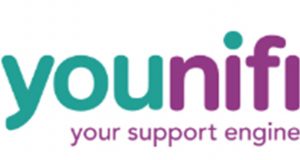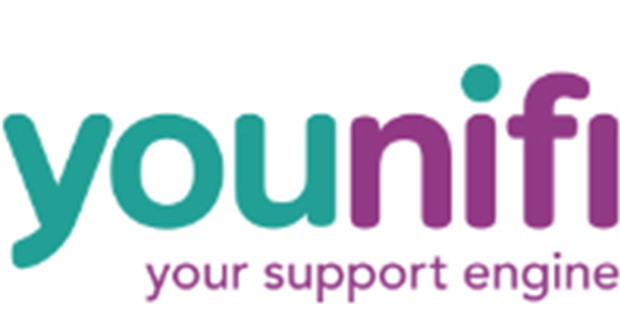The Public Wants A Social Care Revolution, Research Reveals
 Knowledge, transparency and innovation being demanded by people in the adult social care system
Knowledge, transparency and innovation being demanded by people in the adult social care system
Research has revealed that UK citizens are fully behind the need for a revolution in how adult social care is delivered. 72% of adult care recipients and 78% of people caring for others believe there must be a better way to deliver care to adults and the elderly, however, less than a quarter (23%) of those receiving care feel they know enough about the types of services on offer to enable them to make informed decisions about care choices in the future.
This lack of understanding into how the care system works also extends to carers with only 40% considering themselves to be knowledgeable enough to navigate the system. Only 12% think they have sufficient knowledge to make decisions on the right choice of care for their family member or friend.
This independent market research by Younifi, a solution provider for local authority adult social care departments, surveyed the views of 2,000 people and included those who receive care, family and friends that provide care and people with an interest in what it should be like for them in the future.
The overriding findings from the research were that respondents want a better way for their care needs to be met; that there’s a huge knowledge gap among social care customers; care recipients and carers would like greater transparency and control; and people are willing to harness new innovations to improve care delivery and quality.
The research also showed that many people are confused by the cost of care with 71% of care recipients admitting they have no idea how much the cost of their care is, and only 27% of care providers claiming to have a ‘fairly accurate’ or precise understanding of costs.
Looking to the future, the research also shows that the vast majority of people want to take far greater responsibility for their own care; 68% want to be in control of it, many in partnership with their close family.
A willingness to be open to new ideas and concepts that improve care outcomes and quality of life was also highlighted. Over three quarters of respondents showed an interest in the use of technology to both access and manage their care. Most commonly care recipients wanted technologies to give them independence (88%); to help them remain in control their own care (87%); to help them stay informed (84%); and to help them remain at home (82%).
Personalisation of care was also a massively important but undelivered part of people’s care aspirations, with only 11% of care recipients saying services are highly tailored to their needs despite 63% wanting this and only 8% not being bothered about personalised services.
Tony Pilkington, managing director, Younifi said: “It’s abundantly clear that those currently in receipt of care, or providing it want to see a change to the way care is delivered and managed.
“It’s extremely concerning that both care recipients and their carers have so little knowledge as to the care options available to them or what their current care packages cost. However, this comes as no surprise, as it’s often the case that those in need of care will just accept what they are offered without realising there are other options available to them.
“This lack of knowledge about the care landscape is significantly hindering many people from optimising their quality of life, particularly in their old age. Illustrating the need for improved knowledge and information, a recent report from SOCITM said that half of councils fail to provide good online service for social care support – the public appetite is there so we are failing to meet expectations.
“It’s reassuring to see that people are open to the use of technology to help deliver and manage care. It has the potential to revolutionise how people choose their care and support and the options available to them.”
“We know a revolution is overdue in the care system and with our ageing population and one in three of us expected to get Dementia, local authorities have the public mandate as well as the all too regular headline-topping challenges to be ambitious. It’s time to change those perceptions and consider the alternative possibilities for care delivery and management that technology enables.”






